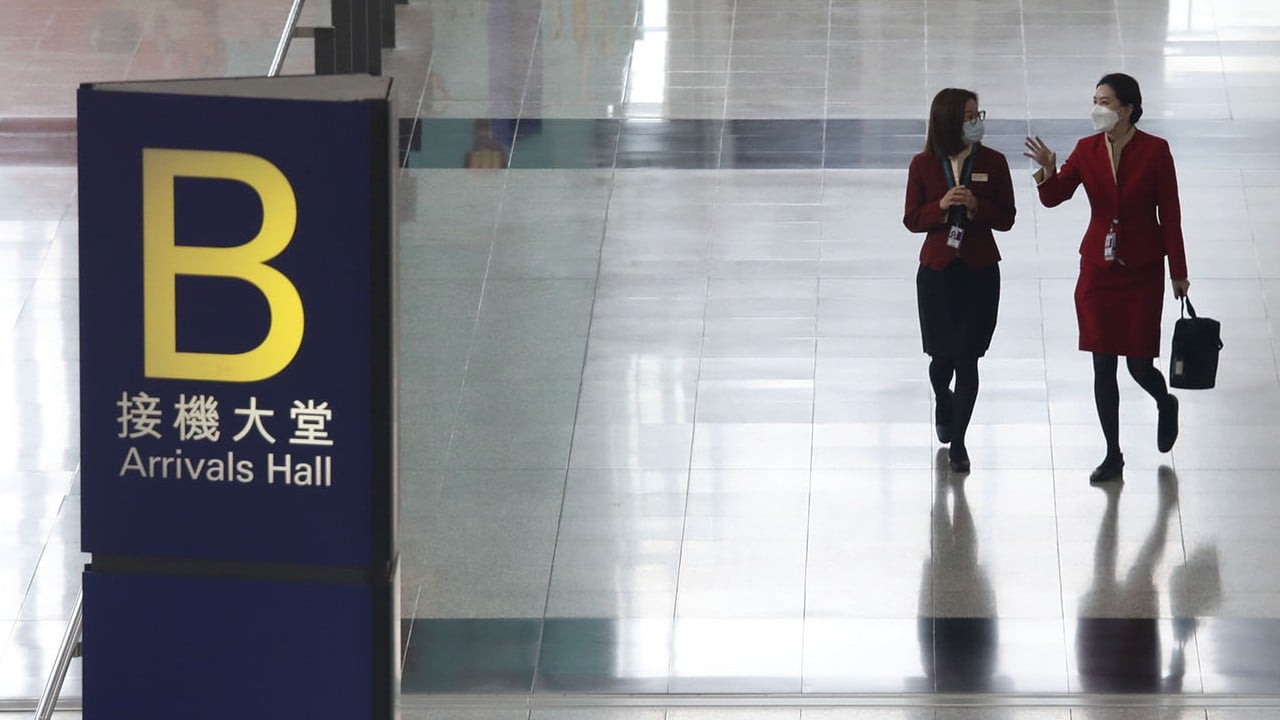
Amid Covid-19 challenges, Hong Kong’s special needs children require more support
- Closures of schools and education centres have hit SEN children and their families hard, exacerbating their mental health challenges and exposing how neglected their needs were even in ordinary times
During these extraordinary times with attention and resources focused on the fight against the coronavirus, their needs are often neglected by the broader community.
But even in ordinary circumstances, families with special needs children routinely encounter challenges in obtaining adequate resources and support subsidised by the government or through social initiatives.
In practice, many special needs children are unable to benefit from good-natured initiatives, and unfortunately are still subject to the uncertainties brought forward by the pandemic.
It also has considerable consequences for their parents, as they may struggle to balance their additional childcare responsibilities with employment, not to mention those who are in the midst of a relationship breakdown.
For children, maintaining a routine can induce a sense of foundation and safety, which is crucial for their psychological and emotional development. The Turkey study also found that 76.5 per cent of SEN children’s daily routines deteriorated, marked by a decrease in reading, playing and overall activity durations, while median screen time increased from one to three hours.
This could potentially lead to more behavioural issues, which may instigate clashes within the already stressed family.
The invisible children: how online learning failed special needs students
Social distancing is inherently difficult to understand for children, especially for those experiencing developmental and intellectual delays, and can put them at a higher risk of clinically significant mental health issues.
The disruption and isolation can lead to negative emotions, mood swings and changes in sleeping and eating patterns, which are material risks that can exacerbate existing mental health challenges for special needs children and their families.
At worst, minimal social contact, unpredictable schedules and living with stressed adults can stall or even reverse valuable progress made by special needs children. The Turkey study also reported a family-observed development regression in close to 20 per cent of special needs children.
Most e-learning platforms are incompatible with assistive technology used for teaching children with visual and/or hearing impairments. Besides, virtual learning and support simply cannot replicate the benefits of face-to-face interaction.
Potential clashes arising from increased anxiety and parental stress can also compound the adverse effects. Family conflict can generate emotional turmoil for the entire family, and for special needs children this can be particularly scary, confusing and frustrating.
They might attribute blame to themselves or their circumstances, and react through fear, anger or sadness. To mitigate the potential negative effects on their children, parents need to be more understanding and engage in active listening to find the best outcome for their children.
Forcing an early summer school break on the kids is reckless
Compromise is very much needed, especially in these uncertain times, and can be achieved through mediation and/or coparenting counselling.
Mahatma Gandhi said: “The true measure of any society can be found in how it treats its most vulnerable members.” The pandemic has disproportionately affected special needs children and their families, and therefore it is our collective responsibility to address their physical, mental and financial needs to ensure a fair and inclusive society.
As a start, enhancing accessibility and broadening the scope and eligibility criteria of beneficiaries under the Special Needs Trust can help special needs children from a wide spectrum of varying needs. We have the resources to make a difference to those who are vulnerable, now we just need the collective will.
Rita Ku is the principal and founder of Rita Ku & Solicitors



